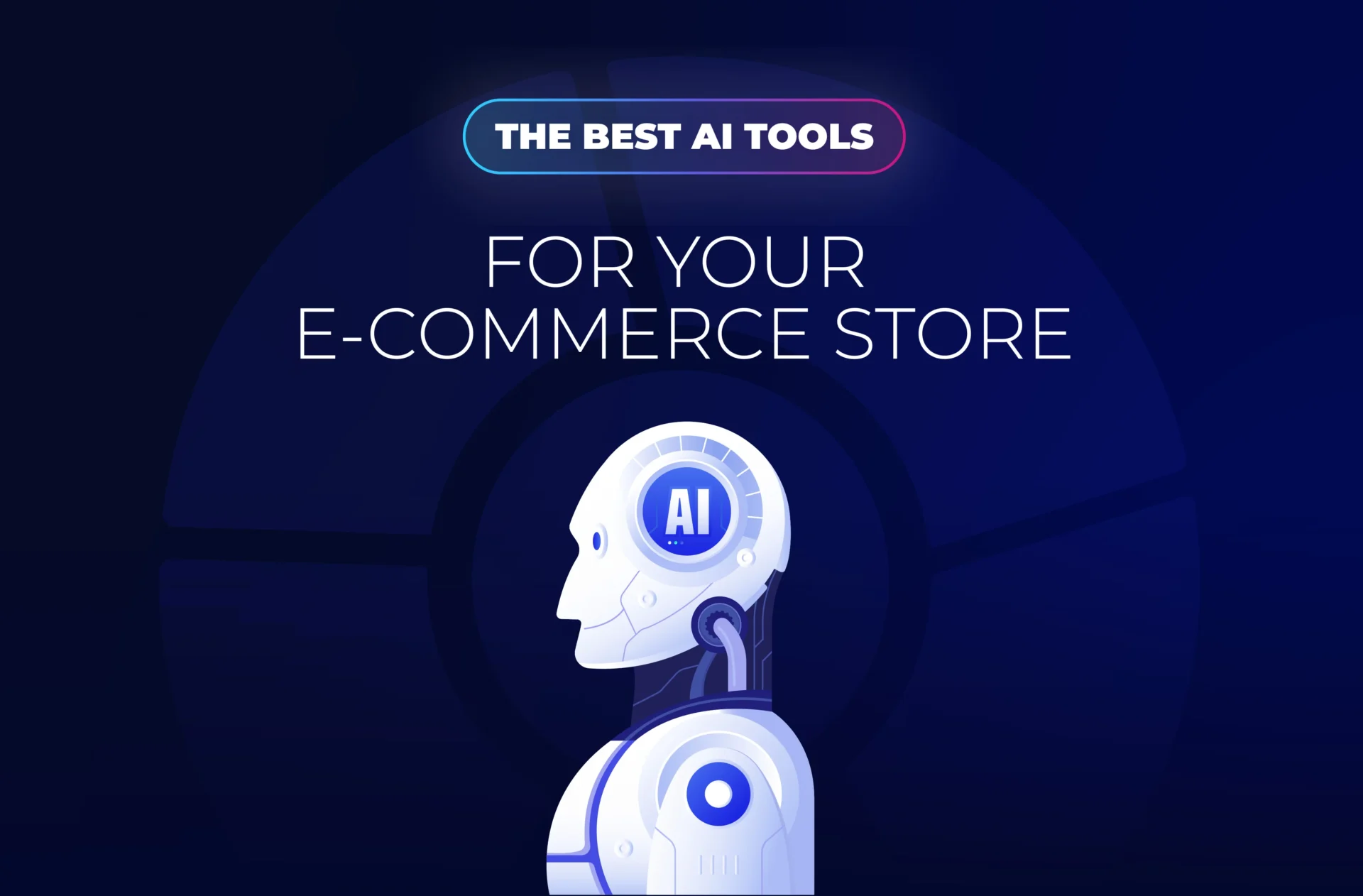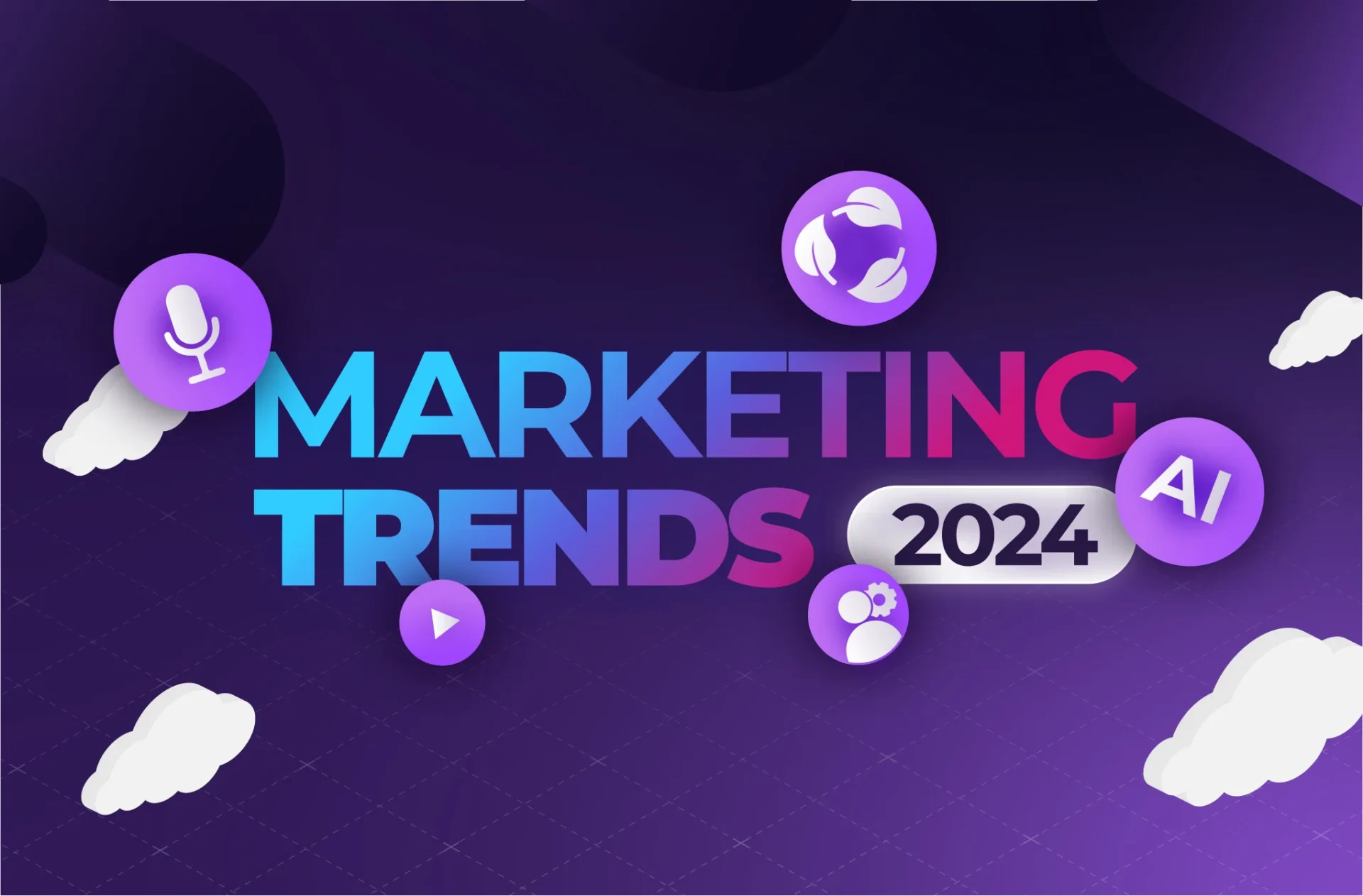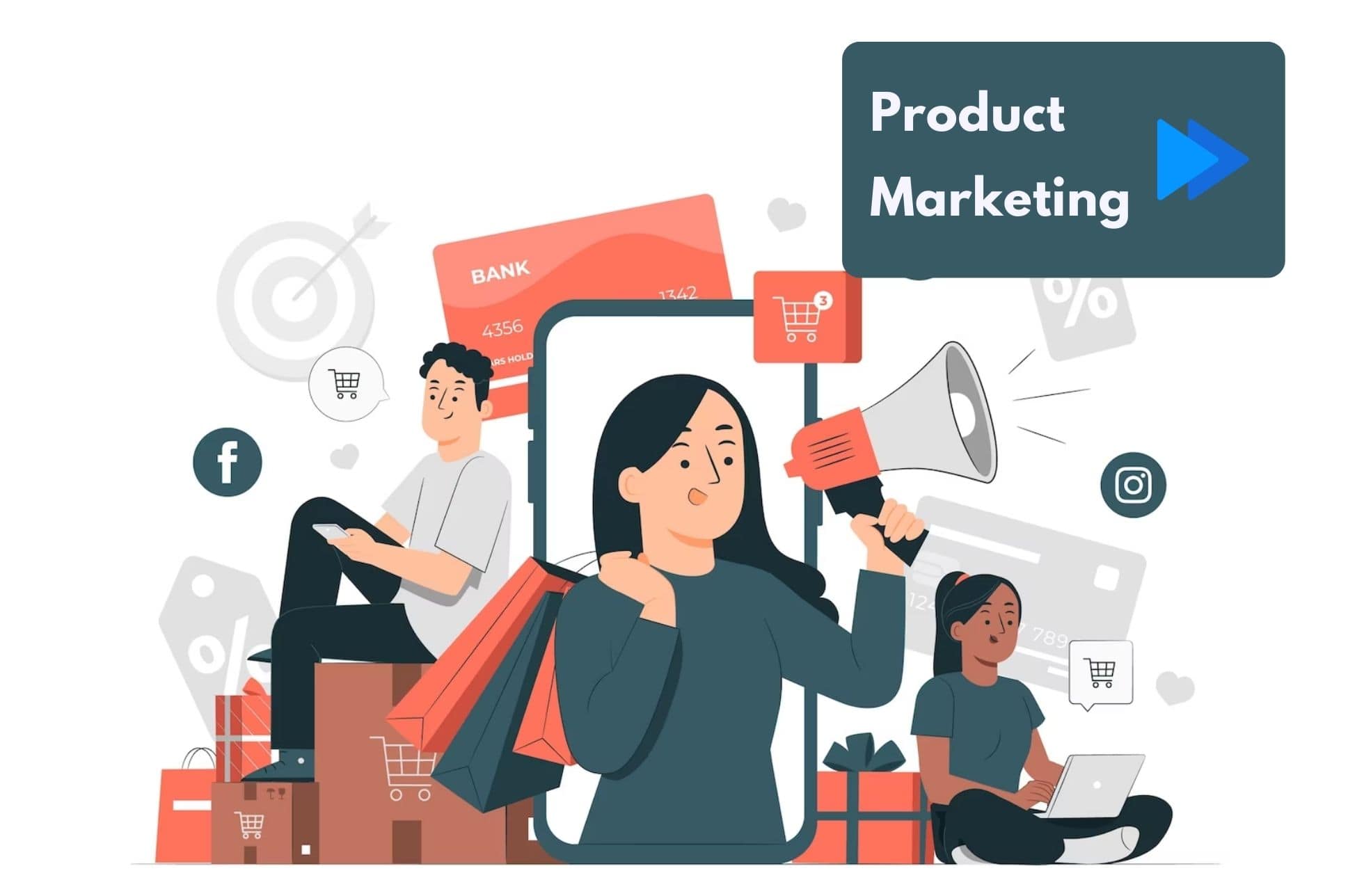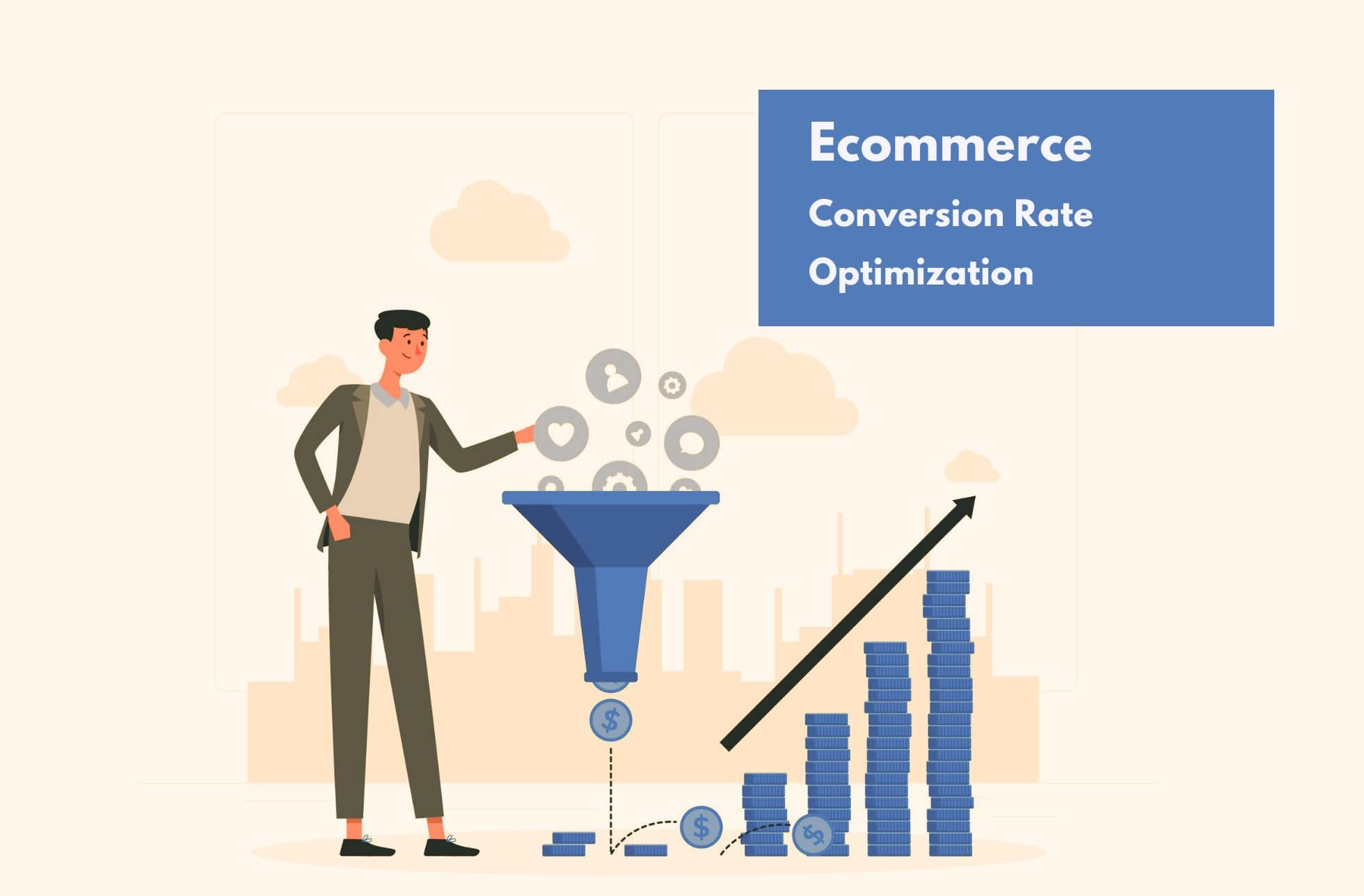Digital marketing has brought with it a whole new terminology adapted to the needs of world 2.0. Although customers do not need to know the definition of SEO, SEM and PPC, companies and advertisers do need to familiarize themselves with these terms, which are so important today.
Of the total global marketing investment forecast for 2020, 306 billion will be earmarked for digital marketing, according to Statista’s estimates. This does not surprise specialists in this sector. The digital sphere has made available to advertisers a long list of formats and advertising strategies perfect for e-commerce, allowing them to improve the performance of their promotional campaigns.
But what is the meaning of SEO, SEM and PPC, what specific benefits does it offer to e-commerce and why should you implement them in your online store?
What is the meaning of SEO?
SEO stands for search engine optimization, a digital marketing modality that focuses on improving the position of a website in the organic search results of Google, Yahoo and Bing. These search engines have algorithms that track the most suitable websites for specific searches: shoe store in London, cheap restaurant in Times Square, and so on.
Identifying these keywords and boosting them for the benefit of a company is the objective of SEO specialists, a branch of digital marketing that offers great profitability in the long term, although its results are modest in the short and medium term.
It is important not to confuse SEO with CPM or cost per mille. This metric indicates what an advertiser pays to the advertising platform (Google Ads, for example) for every thousand impressions of your ad. As will be revealed later, these acronyms usually appear next to the PPC or pay per click.
Having clarified the meaning of SEO, it is worth asking why e-commerce should implement it in their marketing strategy. Let’s look at its advantages at a glance:
- Greater affordability compared to SEM and other forms of marketing, especially in the long term because the increase in web traffic is permanent.
- SEO is synonymous with segmented traffic, because unlike traditional advertising channels, SEO manages to attract an audience strongly interested in a particular information, which may be related to products or services of a company.
- Offers a higher return on investment (ROI) than PPC ads in the long term, since the organic traffic achieved remains constant over time. It does not require a constant advertising investment, but punctual.
What about the meaning of SEM?
SEM (search engine marketing) is a much broader concept than the previous one, as it encompasses research, advertising and the positioning of a website in search engines, among other strategies. Its objective is to achieve maximum visibility for companies and improve their conversions (sales) on the Internet.
Knowing the meaning of SEM, we can understand that it is not incompatible with search engine optimization (SEO), PPC ads and other advertising formats of the digital world. In fact, while the goal of SEO is to provide better organic search results, SEM encompasses the management and optimization of paid links and PPC ads. Within a marketing strategy, both techniques can (and should) complement each other to achieve success.
Why should ecommerces invest in SEM? The following advantages will open your eyes to the benefits of this marketing strategy:
- Generates immediate results, because while SEO can take up to 6 months to show its full performance, SEM uses PPC ads that attract traffic and qualified customers in just a few hours or days.
- Is a perfect tool for small businesses that want to get good results locally. SEM allows them to set a budget limit and attract interested customers quickly, without having to spend a fortune.
- SEM, like SEO, attracts very segmented traffic. Although the ads are shown to hundreds of thousands of users, only a small percentage of them click, thus demonstrating their interest.
What exactly does PPC stand for?
To understand the meaning of PPC, we must know that these acronyms allude to pay per click. In this type of digital ads, advertisers do not pay for impressions (as is the case with CPM or cost per mille) but for clicks.
Most of the time, PPC paid search is used to drive traffic to a website and generate some kind of conversions (sales, leads, etc.). PPC ads, ideal for B2B and B2C companies, can be found to the right of search engines such as Google or before the results of SERPs (organic search results).
Thus, PPC ads are integrated into SEM marketing, being one of your advertising tools. Why should e-commerce invest in PPC ads, what are their advantages? Let’s see:
- PPC ads offer instant results, since it is not necessary to wait until the keywords have been positioned, as is the case with SEO. On the other hand, your profits depend on a constant investment. When that investment ends, so do your results.
- The segmentation of PPC ads is enormous, and marketing teams can optimize it with the help of keywords, user demographics, geography and other parameters. In this way, these ads can attract highly qualified traffic.
Knowing the definition of SEO, SEM and PPC is an initial step to understand these digital marketing techniques, but stakeholders should not settle for that. The next step is to design a marketing plan to benefit from PPC ads and organic search engine traffic. What are you waiting for?
Image credit : Shehryar Aziz




